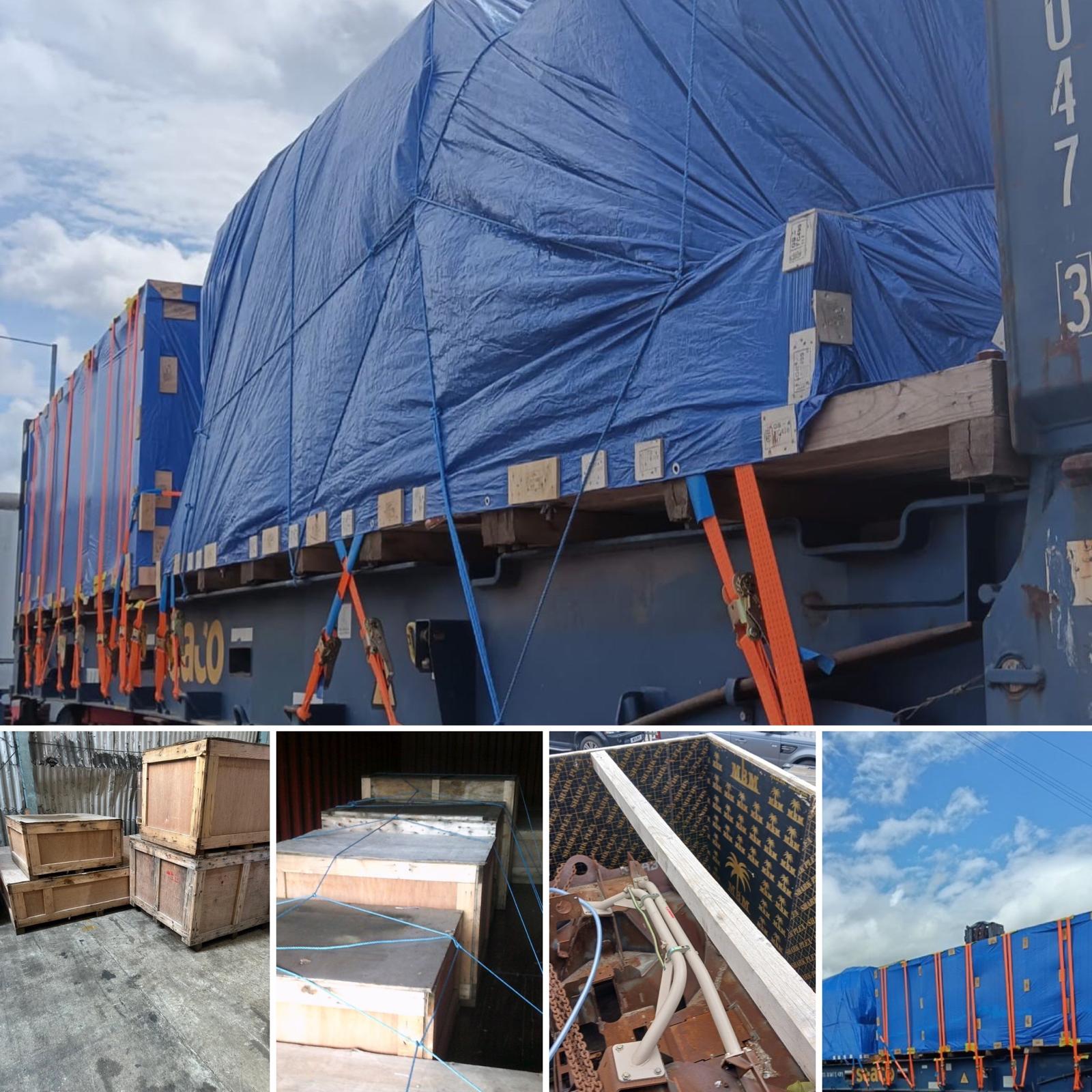Importing
What is the EU’s new Import Control System (ICS2) and is your firm sufficiently prepared for it?
ICS2 has been introduced jointly by customs authorities in the European Union (EU). The system is aimed at strengthening and streamlining customs control procedures for the European single market.

Is your business ready for the EU’s new Import Control System (ICS2)?
If your organisation is involved in the use of road, rail, or sea to move goods into or via the European Customs Territory, you will need to know about the enhanced safety and security regime known as the Import Control System (ICS2), and how you can ensure compliance.
ICS2 has been introduced jointly by customs authorities in the European Union (EU). The system is aimed at strengthening and streamlining customs control procedures for the European single market.
Having already been introduced to air freight operations last year, the system will be implemented for sea transport from June 2024. This will be followed by the ICS2 requirements being enforced for rail and road freight transport by 2025.
Firms reminded about the need to prepare for the new system
However, concerns have been voiced about the complexity of the new rules, and whether the businesses that need to adapt to the new system requirements are sufficiently well-informed and prepared to do so.
In recent days, in fact, no fewer than eight trade bodies representing commercial transport around Europe and the world, have put out an urgent alert to all businesses involved in the movement of goods into and via the EU, Norway, Switzerland, or Northern Ireland by sea, road, or rail.
What have the trade associations said about the challenges with ICS2?
The trade bodies to issue the joint call to action were the World Shipping Council, the Global Shippers Forum, the International Federation of Freight Forwarders, the European Community Association of Ship Brokers and Agents, the European Community Shipowners’ Associations, the European Shippers Council, the International Road Transport Union, and the European Associations for Forwarding, Transport, Logistics and Customs Services.
The trade-industry associations said that amid the “importance” of the new controls, there was a need for affected entities to be aware of the implementation of the requirements. The group said that ICS2 would impact on various parts of the supply chain at different times and in distinct ways.
ICS2 requires specific information about imported goods to be supplied prior to loading or arrival at the EU border. The system encompasses a range of new data requirements, including six-digit HS codes for each item in a consignment, as well as an “acceptable description” and in-depth buyer and seller information.
The trade bodies – which each represent different parties in the supply chain – have called upon businesses engaged in the movement of goods into the EU to commence their preparations now for the extension of ICS2. The group urged such firms to seek out details on the implications of the new system for them, with the European Commission website described as “the best place to start”.
Here at KTL Europe, we would very much back these words from the represented trade bodies, particularly in light of the delays, disruption, fines, and/or penalties that could arise in cases of non-compliance with ICS2.
For further information and advice in relation to your own organisation’s shipments and our ability to coordinate your goods’ journeys via sea, road, and air, please contact us today.







